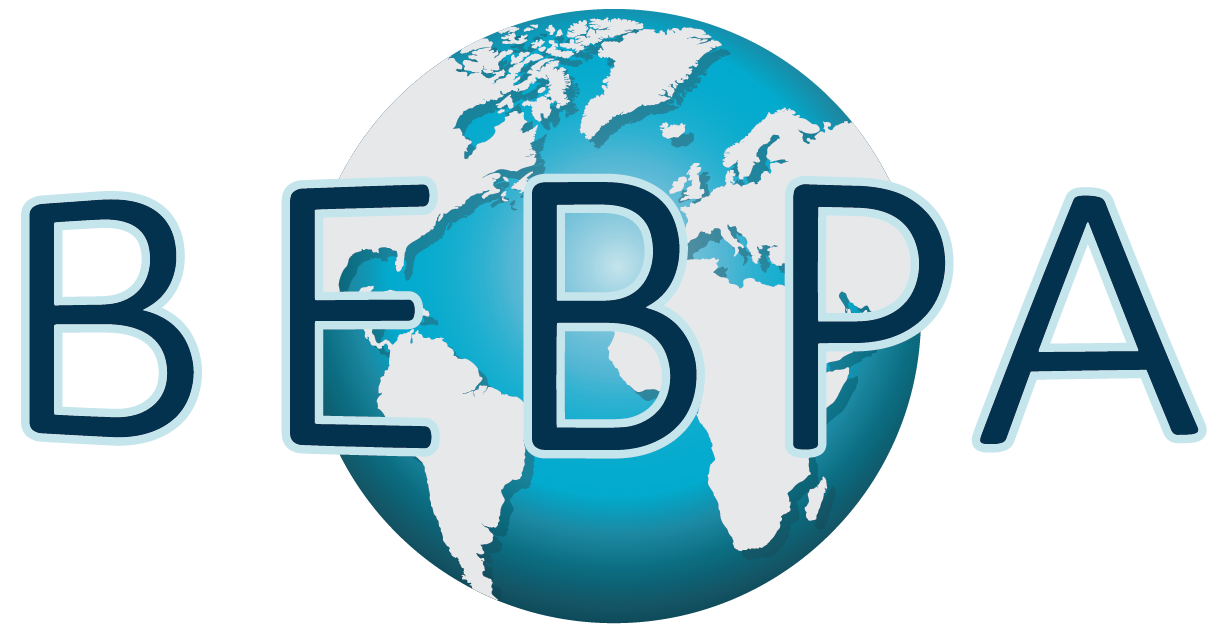BEBPA Blog
2025 BEBPA HCP Conference Review
By Kevin Van Cott, Associate Professor, University of Nebraska-Lincoln
I want to express my thankfulness to those of you who attended and participated in the 2025 BEBPA HCP Conference in Bled, Slovenia. We had a wonderful environment and atmosphere at this conference. Being in such a lovely yet simple setting added to the friendliness and collegiality of the event. I am biased, but I cannot remember being at a conference where the attitude and spirit was so open and pleasant. The scientific and engineering content of the conference was also invigorating and fostered open discussions about the challenges in our field.
Day 1 started with the all-important review of regulatory guidelines regarding HCPs from Erika Friedl of the Paul-Ehrlich-Institut. From there, we had an update from the HCP subcommittee of BioPhorum on their progress in developing risk assessment method guidelines for HCPs. This was followed by two excellent presentations on immunogenicity risk assessment methods and case studies by Anne De Groot (EpiVax) and Thomas Waerner (Boehringer Ingelheim). In years past, it has been difficult to get companies willing to discuss their risk assessment methods, so this was greatly appreciated by all attendees.
Another highlight of the meeting was the presentations on upstream (they make the HCPs) and downstream (they clear the HCPs), given by Inn Yuk (Genentech), Abraham Lenhoff (U. Delaware), and Ernest Sprager/Veronika Reisinger (Novartis). These presentations emphasized the importance of (1) holistic strategies for keeping harmful HCPs out of drug products, and (2) thinking outside of conventional boxes when dealing with these challenges.
Antibody coverage of ELISA HCP antigen reference standards is a hot topic at every BEBPA HCP conference, and this year was no different. The best way to learn about this and other ELISA-related topics is from case studies and the insightful comments given during Q&A sessions after the presentations (Marla Abodeely, Sanofi; Pia Paarmann, BioGenes; Sonja Voordijk, SIB; Fengqiang Wang, Merck; Margarita Sabater, GenMab). The use of orthogonal methods and a holistic perspective in dealing with these challenges was an underlying theme in all the presentations as well as in the lively audience discussions in the workshop on Day 3 (Fengqiang Wang, Merck; Frieder Kroener, Novartis; Kevin Van Cott, U. Nebraska).
Another high point of 2025 was the step-up we saw regarding HCP analytics for gene therapy products. The workshop on Day 3 led by Florian Semmelmann (Roche), Jianming Kang (Regeneron), and Ying Zhang (Sarepta) led the charge, and we also had high quality presentations on LC-MS results from Robert Tikkanen (AskBio) and Daniel Waldera-Lupa (ProtaGene).
For LC-MS, we saw a systematic demonstration of the different HCP quantitation methods outlined in the USP 1132.1 guidance chapter (Victor Chrone, Alphalyse), evidence that there may be microprotein HCPs in products (Colin Clarke, NIBRT), multiplexed methods for detecting high-risk HCPs (Lukas Krasny, Lonza; Florian Sigloch, Polyquant), and methods that enrich the signals for low-abundance HCPs (Larry Wang, Takeda; Mostafa Zarei, Lonza). One of the more impressive pieces of work was presented by Somar Khalil (GSK Vaccines) on the development of discovery-based LC-MS methods for the QC environment. Finally, to round out the LC-MS presentations, we heard about new data analysis software being developed specifically for HCP projects (James Wallace, TotalLab).
We also had several presentations that were vaccine-related. In addition to the above-mentioned work by S. Khalil, Bruce Carpick (Sanofi) provided an excellent overview of the many challenges of HCP analysis in vaccines, and Rachel Smith (LabCorp) presented a case-study of how LC-MS data can be used to guide downstream purification of a vaccine antigen. Vaccines have saved more lives than any other product-group in history, and in the current regulatory and societal landscape, it will be important to make vaccines as safe and effective as possible.
At our conference in Bled, the foothills of the Julian Alps were alive with the sound of collegial, open, and vigorous discussions of all things HCP. We look forward to renewing these acquaintances and discussions next year, where the rock meets the timberline a mile high and ~30 miles northwest of Denver. The abstract submission page is already open for our 2026 HCP conference in Boulder, CO. If you have ideas for presentations, panel discussions, workshops, etc., go there and submit your ideas and/or email them to contactus@bebpa.org and Kevin Van Cott (kvancott2@unl.edu).
